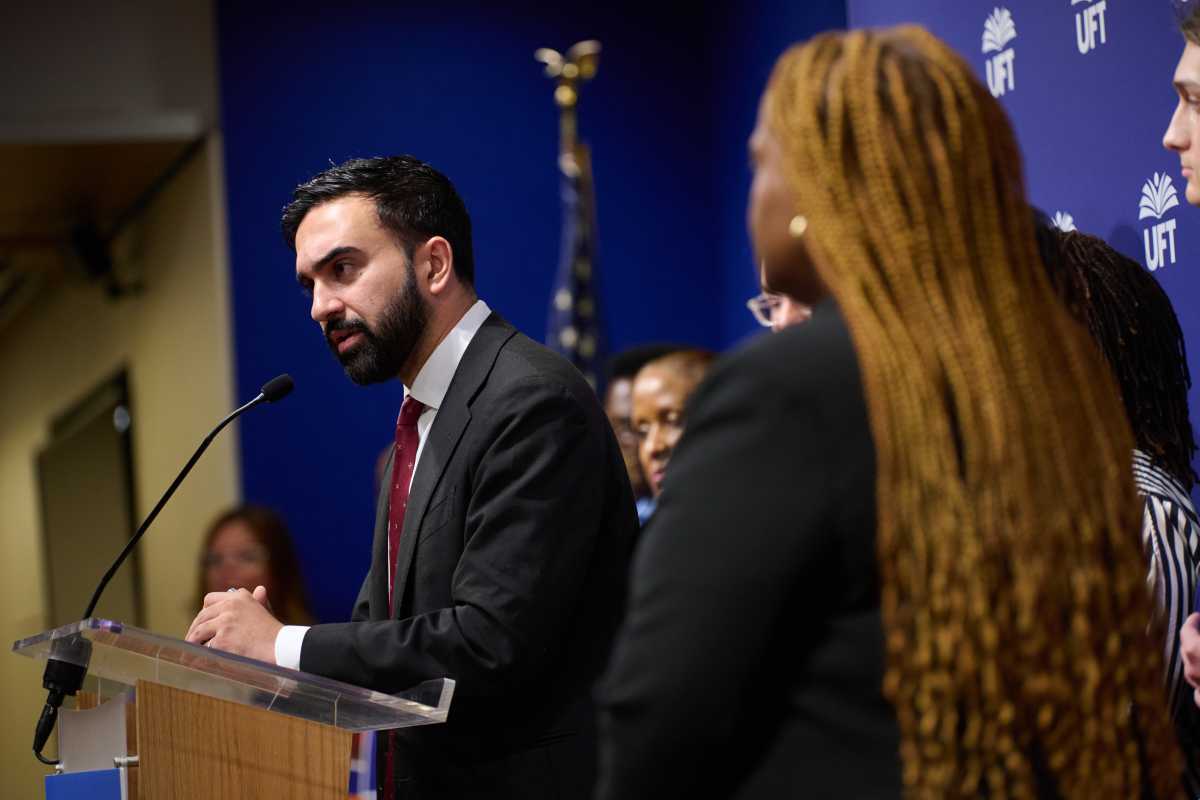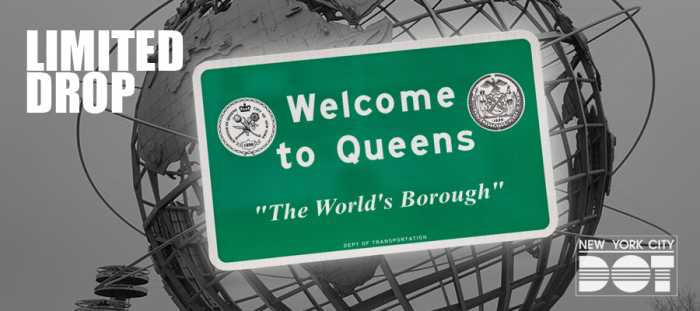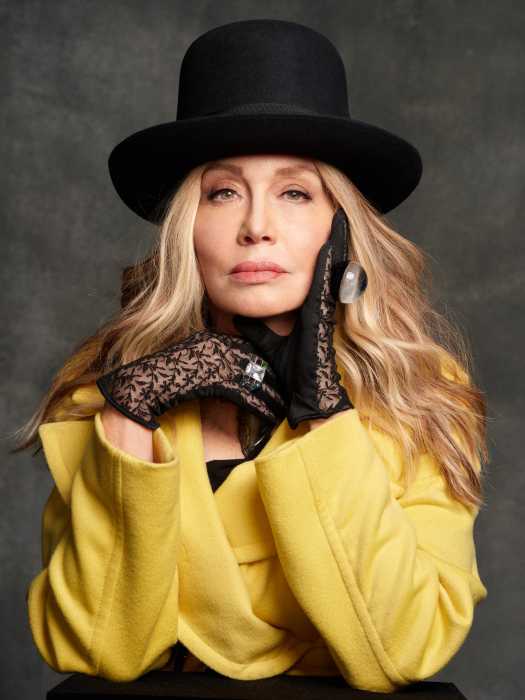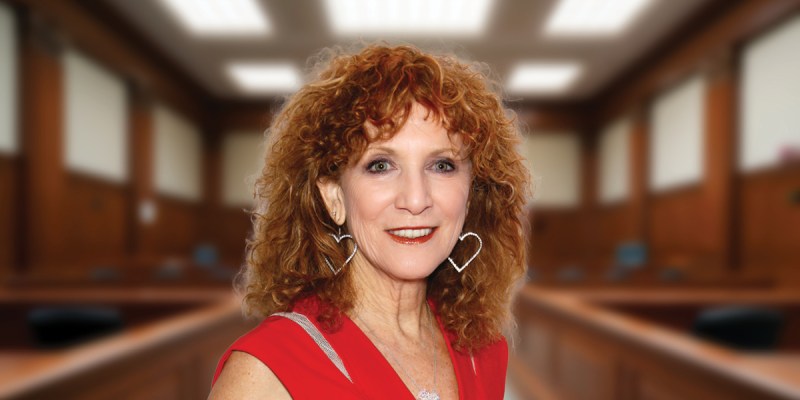By Eric Jankiewicz
With the summer approaching, Alberto Barreto knows gunshots will become common in Far Rockaway’s soundscape.
Barreto is the director of the Far Rockaway Drug Program, the only outpatient medical facility in the neighborhood that serves drug addicts, many of whom are dealing with mental illnesses. And since 2000 – when he took over as head – Barreto has pioneered several initiatives to help isolated communities such as the Orthodox Jewish population and the Latino community. The program’s most recent undertaking is an initiative that puts former drug addicts in a coaching relationship with teenagers who have drug problems.
“There are a lot of chemical dependency issues in Rockaway,” Barreto said. “And there’s a lot of poverty here. There are also issues of domestic violence, trauma and rape. So when we deal with our patients, we’re dealing with all of these issues.”
Barreto first became interested in the problems caused by drug addiction in 1985 when he interned at Manhasset Community Day Center and worked with teenagers who were struggling with various addictions. His work at that time continues to influence his attitude towards treatment.
“With kids you have to always have a fresh approach,” Barreto said. “And I just really enjoy working with kids.”
And most of his patients are kids, even if they aren’t minors.
“Your mental age doesn’t change from the moment you begin to seriously do drugs,” he said. “So you may be 40 years old, but if you started taking drugs at 16, that’s your age inside.”
Barreto was born in Colombia and moved to Queens when he was 5. Raised in Elmhurst, he went to St. John’s, majoring in political science and psychology. While in graduate school at New York University, he developed an interest in drug treatment and therapy.
Part of the dangers of working in drug treatment, Barreto said, is that it can often cause people to burn out and become indifferent to the perpetual tragedy of drug abuse. That, he said, is why many drug treatment centers are staffed by cold and indifferent workers. But for Barreto maintaining a warm, hospitable environment is just as important as the treatment itself.
“There’s a lot of burnout in the industry,” he said. “You could call me an organizer and a motivator.”
And so he has begun to train social and medical workers in the art of hospitality, much like the way in which hotel workers are trained. The goal of all this, he said, is to treat patients like humans, something many of them – often gang members and the formerly incarcerated — haven’t benefited from.
“They’re regular people who have this problem and they need help to see the light at the end of the tunnel,” Barreto said.




































